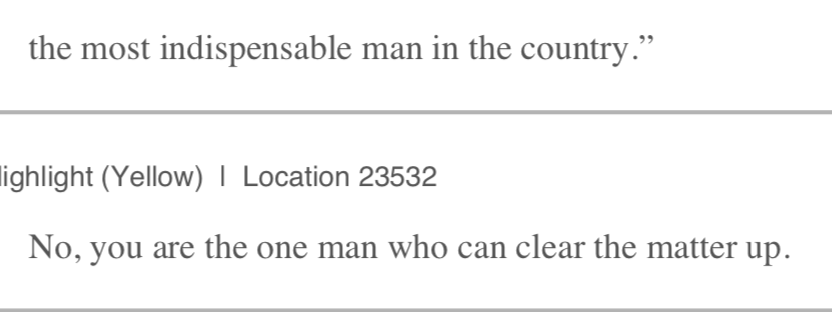
@djolder you little black bean blintz you
https://twitter.com/ronaywang/status/1358889730776129536
matzoh ball mojo
you cafecito-dipped latke
sweet little brisket-based picadillo
my dear kosher medianoche
• • •
Missing some Tweet in this thread? You can try to
force a refresh





